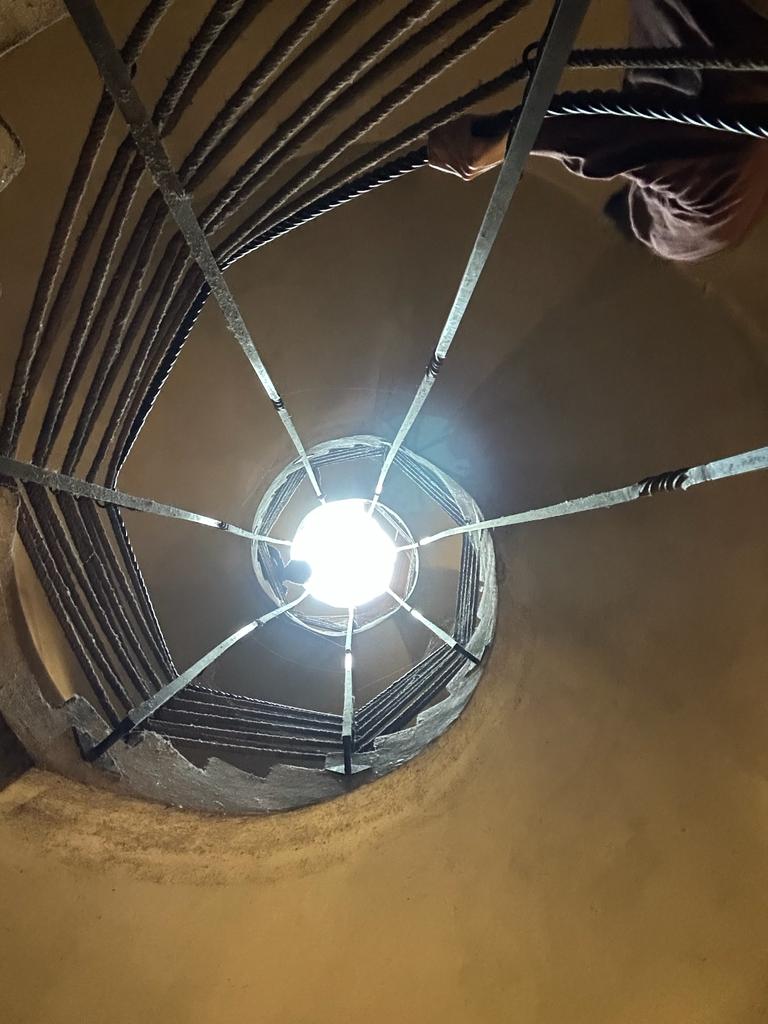Underlying causes of suffering
In following the law of karma, we find that the underlying causes of suffering are similar to the following example of an ordinary life from birth to death. Suppose a young man lives on his father's back until the age of 18. Then the father loses all his wealth and becomes bankrupt. The young man now has to learn something of value and try to fend for himself. As a result, his life is full of suffering and deprivation. It is quite understandable that he does not sympathize with the suffering he has to go through.
Now let's move on to when he was 50 years old. Inevitably he had to get an education at an early age, which made him a good person. He has found a real fulcrum in life. He is aware of why he reacts negatively when faced with pain and suffering. If he had already developed a sense of maturity, pain would not have come to him, he says. If he had not suffered, he would have remained useless. It was pain that transformed his shortcomings into positive abilities. It must have been the pain that made him a different person for 40 years. So what was it that really bound him together? His shortcomings.
Even a simple assessment of life between birth and death can lead to this view. But if we look at life as a whole and confront our karma as explained in the lecture two days ago, we come to the conclusion that all the pain that hits us, all the suffering that befalls us, is due to our shortcomings. Most of our pain and suffering comes from the imperfections we carry from our previous incarnations. Because we carry these defects within us, those who choose the path to pain and suffering are the ones who are wiser than us. This is really one of the golden rules of life: we all carry within us people who are much wiser than we are. In ordinary life, the person we call 'me' is not so wise.
If we leave the choice between pain and pleasure to this mindless person within us, he will undoubtedly choose the path of pleasure. But the wise man is the one who reigns in the depths of the unconscious, inaccessible to ordinary consciousness. He turns our gaze away from easy pleasures and activates the mysterious power within us. So what do these words mean? Without really knowing? It means that the wise among us prevail over the foolish. The wise always act in such a way as to turn our mistakes into pain and make us suffer.
Source Rudolf Steiner - GA 130 - Facing Karma - Vienna, February 8, 1912.

